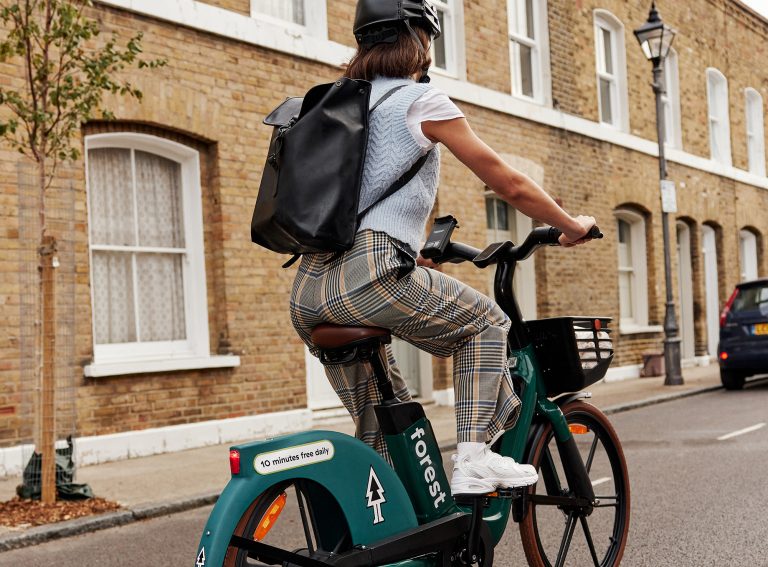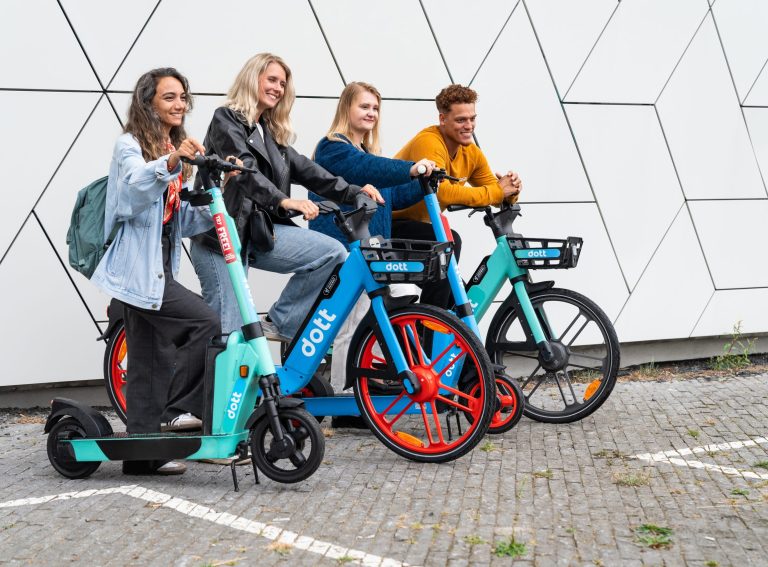National charity for shared transport Collaborative Mobility UK (CoMoUK) has called for the next UK government to legalise e-scooters.
This follows the publication of the organisation’s manifesto ahead of next week’s general election, which says shared transport should be expanded across the UK.
In May 2022 the government said it would legalise e-scooters but there has been no further legislation since, with trials extended until 2026.
“This has been a serious missed opportunity with no upside that leaves shared e-scooters with an uncertain long-term future and the private sale market with no appropriate rules on battery safety, wheel size, power and more,” CoMoUK Chief Executive Richard Dilks told Zag Daily.
“It also perpetuates the nonsensical situation whereby private e-scooters are legal to buy but not legal to ride on the public highway.”
The CoMoUK manifesto
CoMoUK’s manifesto sets out three key actions it wants the next government to commit to for developing shared transport: the legalisation of e-scooters, a targeted funding and policy programme for shared transport, and an established national network of mobility hubs by 2030.
As was proposed in the Queen’s Speech in 2022, CoMoUK states e-scooters should be legalised via the creation of a new powered light vehicle class which takes inspiration from the regulations of e-bikes. The national charity argues that this should be made a priority for the first session of the next Parliament.
“This would provide a new legal category which could then be kept up to date in the future via regulatory changes,” said Richard. “This would have a profound impact in terms of the micromobility devices that people could access, including but not limited to in shared micromobility schemes.
“It would boost disabled people’s access to shared micromobility and micromobility generally and it would open up multiple options for sustainable freight.”
On a target funding and policy programme for shared transport, CoMoUK says the aim of this should be to create a ‘joined-up’ shared transport provision in all UK areas of more than 100,000 people.
“Shared transport usually attracts no subsidy at all in the UK, unlike in many other countries, despite its proven ability to cut greenhouse gas emissions, people’s transport costs and the hassle of owning a car or bike.
“Users of shared transport are also heavy users of public transport as well as walking, wheeling and cycling. Our ambition is for shared transport to be recognised as part of a broader sustainable transport system. To fully achieve this we think a support package is desirable, including funding.”
The manifesto highlights other calls to action including addressing rural small car club insurance, the creation of a unit within the Department for Transport which focuses on shared transport and a comprehensive reform of transport taxation.




